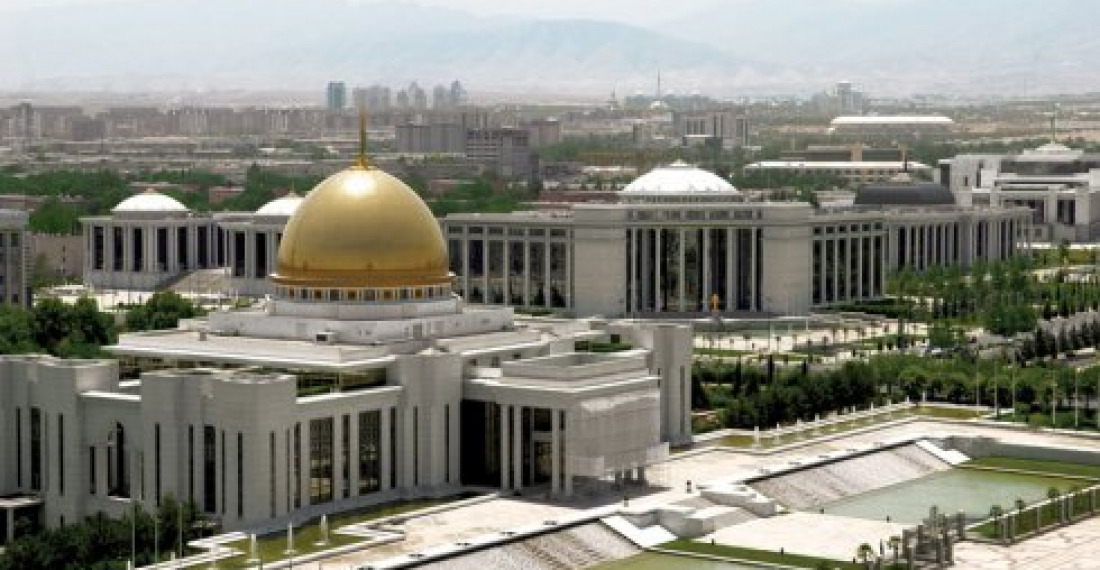Russia is planning to complete the ratification of the Convention on the legal status of the Caspian Sea, which was signed by five Caspian states (Russia, Iran, Kazakhstan, Azerbaijan and Turkmenistan) in August 2018, Russian Prime Minister Dmitry Medvedev said.
"Russia is planning to ratify this document soon," Medvedev told the first Caspian economic forum being held in Turkmenistan.
Medvedev has described the signing of this convention as a historic event, confirming that the Caspian states can find mutually beneficial solutions without "any recipes being imposed from outside" and also respect each others' interests.
The Russian prime minister noted that the discussion of economic and environmental issues related to the Caspian region should include challenges and threats that all Caspian states are facing. Among them is terrorism, drug trafficking, organized crime and uncontrolled migration. "We should be aware of the responsibility, which lies on all Caspian states," Medvedev said.
According to TASS news agency, the Convention on the legal status of the Caspian Sea was signed by Azerbaijan, Iran, Kazakhstan, Russia and Turkmenistan at the Fifth Caspian summit, which was held in Aktau, Kazakhstan, on August 12, 2018. An effort on drafting it had been underway since 1996. Russian President Vladimir Putin submitted the document for ratification by the State Duma, the lower house of parliament, in July.
source: commonspace.eu with TASS news agency (Moscow)
photo: Ashgabat, capital of Turkmenistan (archive picture)






